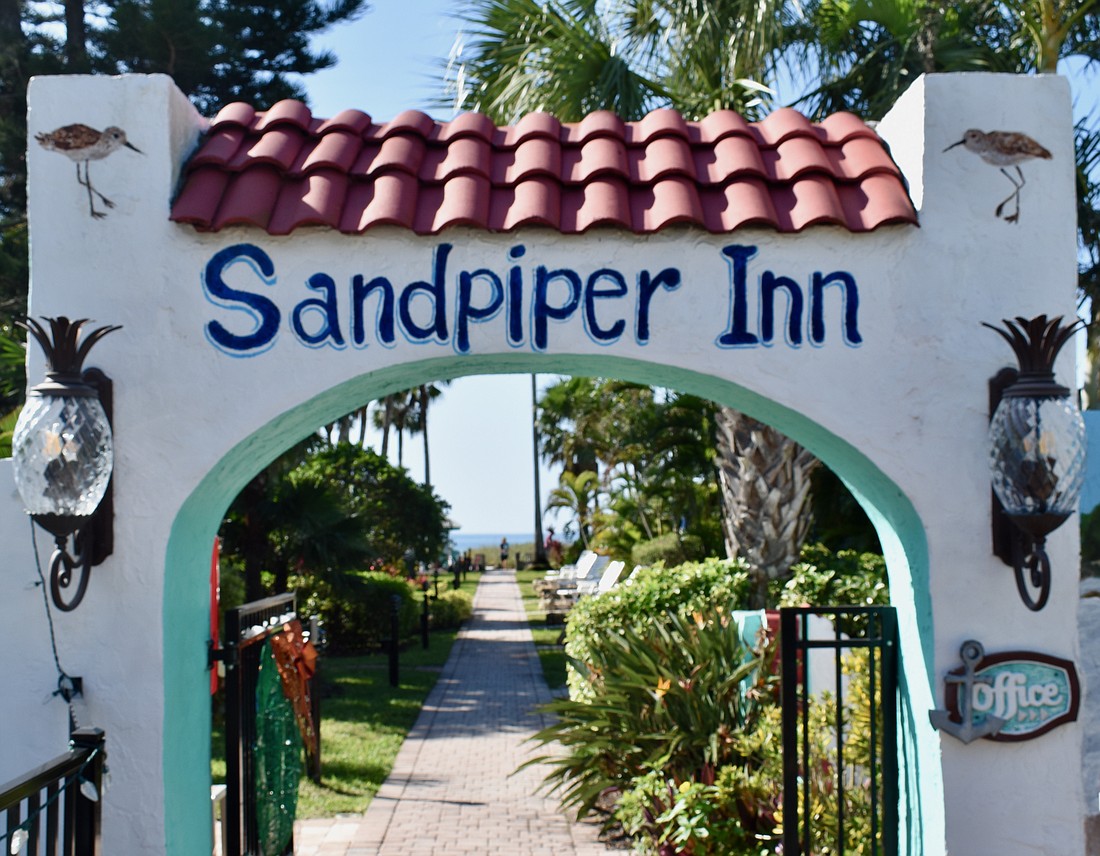- November 16, 2024
-
-
Loading

Loading

Calling all rental property owners: The town is one step closer to setting up a registration program for properties being rented for less than six months.
The program intends to allow the town to keep tabs on properties within its jurisdiction that serve as vacation getaways instead of residential uses.
However, Town Commissioners recently discussed the difficulty in knowing everything about every short-term rental property with or without the proposed program that would require property owners to self-report.
If passed, the program would begin Oct. 1 with education efforts and inspections as property owners begin to register. Planning, Zoning and Building Director Allen Parsons is hopeful that such education, media coverage and opportunities for public input at upcoming commission meetings would aid in getting the word out about the program.
Commissioner Debra Williams and Commissioner BJ Bishop shared similar opinions that unless someone pays attention to meetings and keeps up with town news, it is unlikely they will know the program exists.
Short-term rental violations are the top complaint received by the town’s code enforcement. However, such violations can be hard to prove, Parsons said.
“Presence of different people at a residence is not necessarily evidence of a short-term rental violation,” he said.
At the heart of the proposal is an overarching goal of maintaining the town's character and avoiding pitfalls of becoming a deeply tourist-oriented community.
The town is one of the few that retains the power to regulate short-term rentals. This is largely in part to the town passing an ordinance in 1982 that eliminated the tourism zoning distinction, having all properties fall to residential or commercial.
Following a density referendum and comprehensive plan update in 1984, approximately 30 tourism properties were changed to a residential zoning distinction. In doing so, the town’s hope was to reduce the overall balance of tourism uses over time.
Those properties, which include Sand Cay, Zota Beach Resort, Sand Cay, Four Winds Beach Resort and eventually the Residences at St. Regis Longboat Key, would not be expected to register their properties with the town as they already face additional regulations not expected of other residential properties. Those locations typically operate as hotels, not vacation rentals.
“In all of these actions, the town recognized the potential for unmitigable adverse impacts caused by tourism uses to the residential character, peace and quiet of the neighborhoods and the island as a whole,” a staff memo said.
Town staff listed vehicular traffic, parking, property maintenance and noise as a few of the potential impacts of unchecked tourism allowances.
To sign up for the required program, property owners would be expected to pay about a $200 fee every two years to cover the cost of the certificate to be displayed in the home and town staff inspections of the property.
About 1,000 properties were identified by town staff when searching listings on popular online platforms including Airbnb, Homeaway and VRBO. Parsons estimates that if all properties were to register, the town could expect an additional $200,000 in revenue every couple years.
Following such protocol would provide benefits to the town including contact information of property owners should something go awry.
The certificate, which would be required to be posted inside the property and be accessible by guests, would also list the owner’s phone number, means of certification and other safety information.
Along with the certificate, property owners would be given a number associated with their registration that they will be required to include on listings and advertisements for the rental. They will also be required to ensure that the listing specifies that potential visitors will be expected to stay at the residence for at least 30 days.
The time period of six months or less was chosen because such rentals are required to pay tourism development taxes to Manatee or Sarasota Counties, pay sales tax to the Florida Department of Revenue, meet Life/Safety requirements for transient and non-transient lodging and obtain a business tax receipt from the town.
The staff memo listed neighboring jurisdictions that already have a program like the one the town is looking to start. Bradenton Beach adopted a program in 2015. Anna Maria and Holmes Beach adopted their programs in 2016. Bradenton started their registration program in 2022.